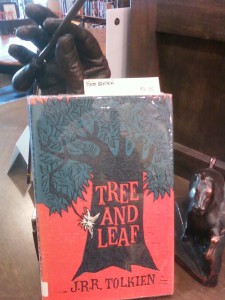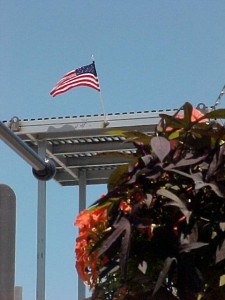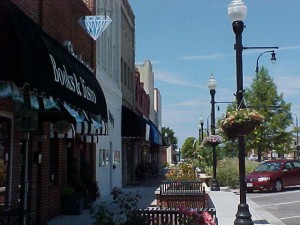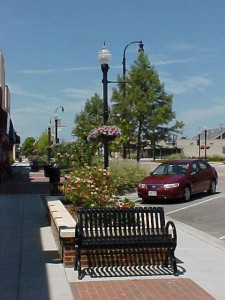Those of us interested in books can obsess over strange things. First Editions. Signed copies. Leather bindings. Sometimes we even like a good story between the book covers.
A First Printing copy might cause a book-lover to get lightheaded. There is a difference between a First Edition and a First Printing, after all.
But sometimes it can get a little confusing.

Here is something to remember. A first printing of a book will always be a First Edition, but a First Edition isn’t always the first printing. Actually, MOST books only have a First Edition. That means it was never changed from the original. Same words, same cover, same number of pages. If you buy a brand-new hardback copy of Dan Brown’s Da Vinci Code, it will be a first edition.
That’s because there isn’t a second edition. There IS a “special illustrated edition.” But no second. It is still the same book, same edition – in a later printing.
J.R.R Tolkien wrote his Lord of the Rings trilogy in the mid-fifties, but made changes to the texts that were published by Houghton Mifflin in 1965 and released as the Second Edition. Most books never have a second edition, but may have numerous reprintings.
When an author is relatively unknown, the publisher is less likely to take a risk by printing a large number of copies on the first run. (Harper Lee and her new novel Go Set a Watchman, on the other hand, is said to have had some two-million copies printed at the time of the first offering.) It’s easy to find a First Edition copy of The Da Vince Code since it has been reprinted over a hundred times, but not so easy to find one from the First Printing order.
I used to own a First Printing set of the Second Edition of the Lord of the Rings trilogy. (Sounds a little confusing, though, doesn’t it?) It was a somewhat expensive trio of books, but nothing like a First Printing of the First Edition set. But I do have a First Printing of a J.R.R. Tolkien book. A little lesser-known title.
They haven’t made an action movie of this one yet. In fact, Tree and Leaf – it is safe to say – will not end up on any movie screen. But I’m happy to have a First American Edition copy, which is another variation on the whole “first” idea, since Tolkien was a British author and his “first” editions were published in the UK. This one, published for the American market, is labeled as such on the copyright page with the “first printing” notice.
For me, a First Printing is the true First Edition copy. Some booksellers argue that a bound galley proof copy constitutes a First, but by my reckoning a “proof” copy is one that is subject to change or edits by the proofreaders and cannot be considered a finished copy of the book.
Having that First Printing is special in the case of long-dead authors – at least, to me – in that the book could have been in the hands of the author since it was printed in his lifetime. It’s crazy, I know, but I like the idea that my First Edition copy of Charles Dicken’s Bleak House could have been for sale originally in the bookstore where Mr Dickens liked to drop in to visit. Could have happened!
Our copy of Mr Tolkien’s Tree and Leaf was printed for the American market, but the author was still living when it was first available. For me, that is significant.
Even this little known book is pricey as a First, but ours is a little more affordable since it once sat on a public library shelf. Still has the little card envelope in the back. (Some of you younger folks may not have ever seen those little hand-stamped “due date” cards in the back of a book… replaced in most libraries these days by a bar-code tag.) An “ex-library” copy is considered less desirable by deep-pocketed collectors.
But for some of us, just having a copy at all in “First Edition” causes the book-lover’s grin that we try to keep hidden when handling books in public.
If you’re curious about First Editions and how to identify them, I’d be happy to share a spotter’s tip or two.
Come visit!
McHuston
Booksellers & Irish Bistro
Rose District
122 S. Main St. Broken Arrow OK!




